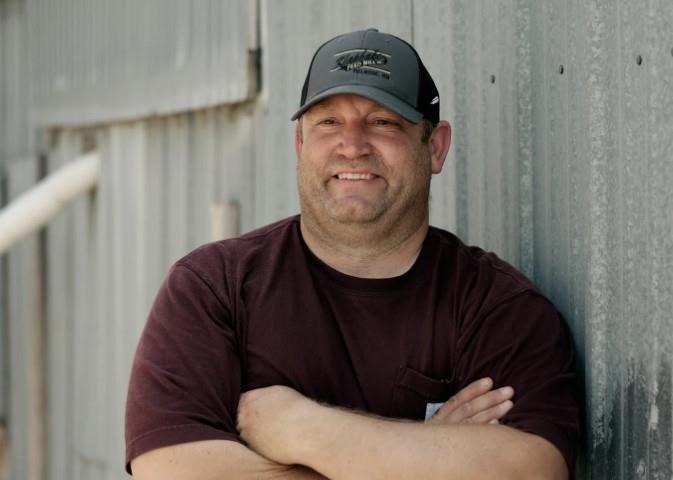Anyone who has visited Ireland can recollect the image of cows grazing on pastures. The image is so iconic that it is regularly used in Irish tourism advertisements. This highlights the fact that beef farming is not only an important economic activity in rural Ireland but also embedded in the social and cultural fabric of rural communities, identities, and social structures.
Even purely as an economic activity, Ireland exports 90% of the beef it produces, and in 2018 exported 579,000 tons at a total value of €2.5 billion, accounting for over 30% of total food and drink exports. It is a worrying sign that an industry with such a high cultural and economic value has consistently been confronted with a variety of challenges.
Beef Farming: A dying industry?
The beef farming industry is facing a range of pressures from the social, political, economic, and environmental spheres. Economically, most beef farms are vulnerable, meaning that farm income alone does not remunerate family labour, thus requiring farmers to engage in off-farm work to supplement their incomes.
Public opinion of the industry, as a result of environmental awareness, has been on a downward spiral leading to reduced meat consumption and hence demand. Government policies to reduce emissions to achieve their sustainability goals means that the funding and support for the industry have been cut significantly.
There is also a lack of transparency over how processors – organizations that purchase cattle to process for human consumption – determine beef prices which declined by 12.5% between the beginning of 2018 and mid-2019. Together, these factors led to street protests by the beef farming community in 2019.
Climate Change and Just Transition

With the inevitable effects of climate change dawning upon us, it is imperative to address the emissions related to the beef industry – one of the key contributors to the problem. With the Irish government pledging to reduce agricultural emissions by 30% by 2030, plans to transition the sector to sustainable pathways are emerging rapidly.
Just transition emerged in the 1970’s as a grass-roots labour movement to mobilize workers and communities directly affected by environmental policies in the energy sector which resulted in the loss of livelihoods and employment opportunities. The idea being the benefits and burdens of the transition to enhanced environmental governance and protection policies should be fairly distributed among all stakeholders.
Experts and executives, governed by scientific, moral, and legal principles, come up with action plans to counter the effects of climate change. Less considered, although of significant importance, are not only the economic consequences but also the cultural, community identity, and sense of place of the beef farming communities.
To illustrate this apparent chasm, Ireland’s Climate Action Plan notes that ‘the development of plans to manage the sustainable environmental footprint of the beef and dairy sectors will be central to the achievement of [Ireland’s] climate targets’ while offering little to no insight on how the idea of just transition will be operationalized in the Irish beef farming sector.
What counts vs What’s countable
There is a fundamental mismatch in how beef farmers and key actors assess the current situation. The most powerful actors, the Government and the Irish Farmers’ Association, are not addressing the issues that beef farmers consider most important: unfair power distribution leading to inadequate prices and a general lack of support for small farmers.
Even after the public protests, which – ironically due to the lack of recognition of the beef farmers, blocked the country’s capital on multiple occasions – the government did not mention these issues in its assessment of the sector. This is a blatant form of misrecognition which sends the message that beef farmers are unequal partners in the decision-making process.
Click here to see more...